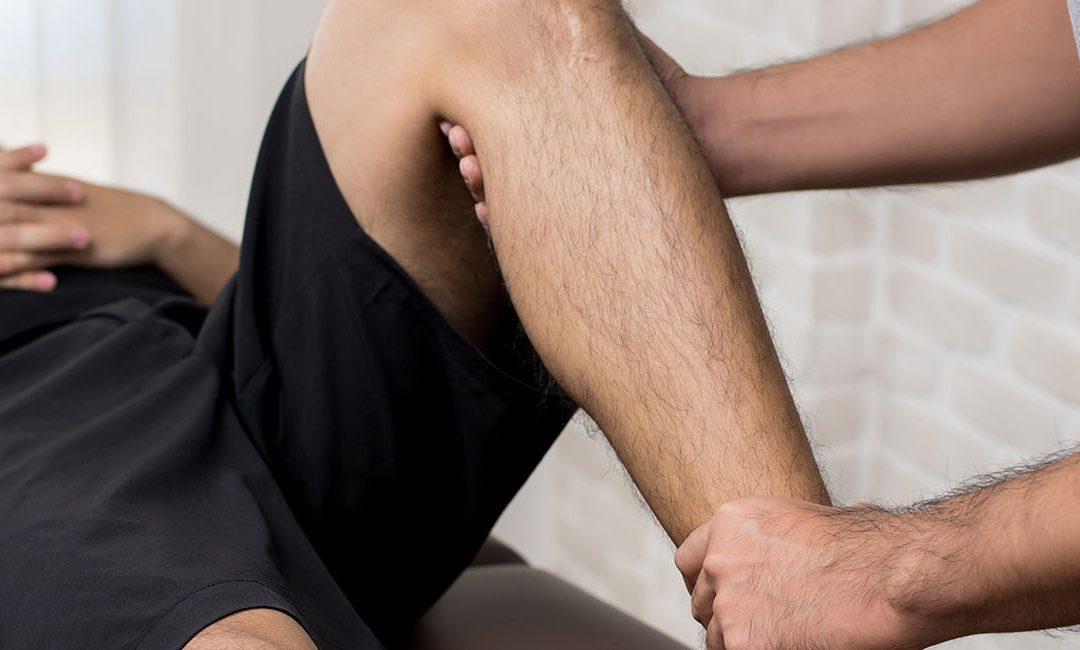Kneecap or Patellar dislocation is a common injury occurring to athletes and is caused due to a sudden change in direction or a twist in the leg. Kneecap is the triangle or round shaped bone in the anterior part of the knee that slides over a joint whenever you try to straighten or bend your knee. A dislocation involves the dislocation or coming out of the bone from the groove which results in overstretching or tearing of the supporting tissues.
Causes
Kneecap dislocation can occur in both contact and non-contact situations. The major cause of this condition in athletes is a sudden change in movement while the leg is held firm on the ground. It puts strain on the knee and the bone is likely to move out of its normal place. It can also occur as a result of a direct blow to the knee or a high impact injury such as a fall or a motor vehicle accident.
Symptoms
- Visible deformity in the knee
- Difficulty in straightening the knee
- Pain and tenderness in and around the knee
- Acute swelling
- Hyper-mobile kneecap
- Discoloration at the site of the injury
- Instability or giving away of the knee, sometimes leading to a fall
Treatment
Physical Therapy
Majority of patients with kneecap dislocation require a few sessions of physical therapy to bring the patella back into its place and prevent recurrent dislocations. Some of the benefits of undergoing physical therapy are:
- Reducing inflammation and pain
- Providing support to the patella by using braces or taping
- Normalizing the range of motion for the joint
- Strengthening the knee muscles
- Strengthening the lower limbs, i.e. hip, pelvis and calf muscles
- Improving your balance and agility
- Improving kneecap alignment
- Improving your technique of moving the knee while running, walking, hopping, landing and squatting.
- Reducing the chances of recurrent dislocations
Surgery
If the symptoms do not improve with physical therapy or if the patent experiences recurrent dislocations, the orthopedic surgeon might suggest him to undergo surgical treatment to provide stability to the kneecap. If there are repeated dislocations, the kneecap and muscles might need to be realigned during surgery.
For any consultation regarding kneecap dislocation, visit the knee doctors at OrthoTexas, McKinney, TX. To schedule an appointment, you can call at(972) 727-9995 or visit the clinic at McKinney Medical Village, 7300 Eldorado Parkway Suites 165/165A, McKinney, Texas 75070.


